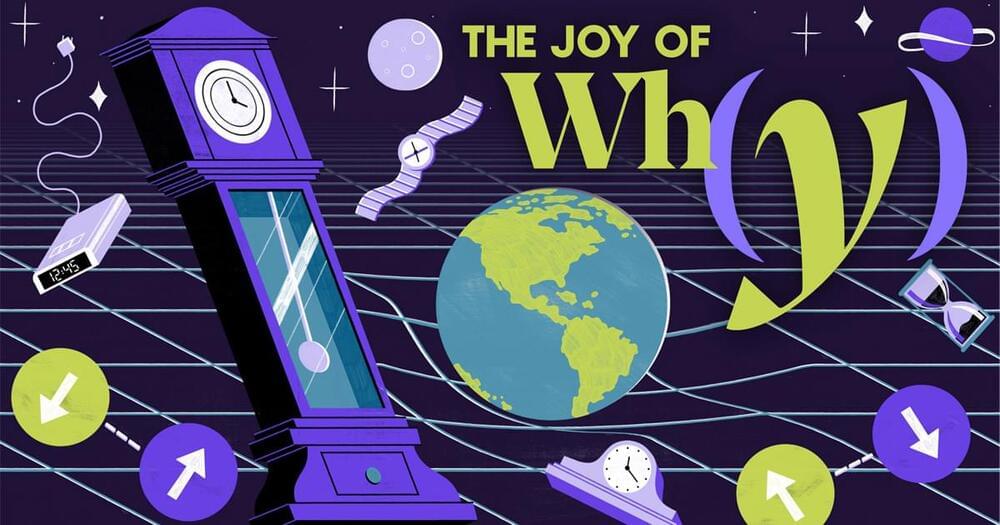And that’s where the trouble really starts. Down there, nature is governed by quantum mechanics. This amazingly powerful theory has been shown to account for all the forces of nature, except gravity. When physicists try to apply quantum theory to gravity, they find that space and time become almost unrecognizable. They seem to start fluctuating wildly. It’s almost like space and time fall apart. Their smoothness breaks down completely, and that’s totally incompatible with the picture in Einstein’s theory.
(01:54) As physicists try to make sense of all of this, some of them are coming to the conclusion that space and time may not be as fundamental as we always imagined. They’re starting to seem more like byproducts of something even deeper, something unfamiliar and quantum mechanical. But what could that something be? Joining me now to discuss all this is Sean Carroll, a theoretical physicist who hosts his own podcast, Mindscape. Sean spent years as a research professor of physics at Caltech [California Institute of Technology], but he is now moving to Johns Hopkins as the Homewood Professor of Natural Philosophy. He’s also an external professor at the Santa Fe Institute. But no matter where he is, Sean studies deep questions about quantum mechanics, gravity, time and cosmology. He’s the author of several books, including his most recent, Something Deeply Hidden: Quantum Worlds and the Emergence of Spacetime. Sean, thank you so much for joining us today.
